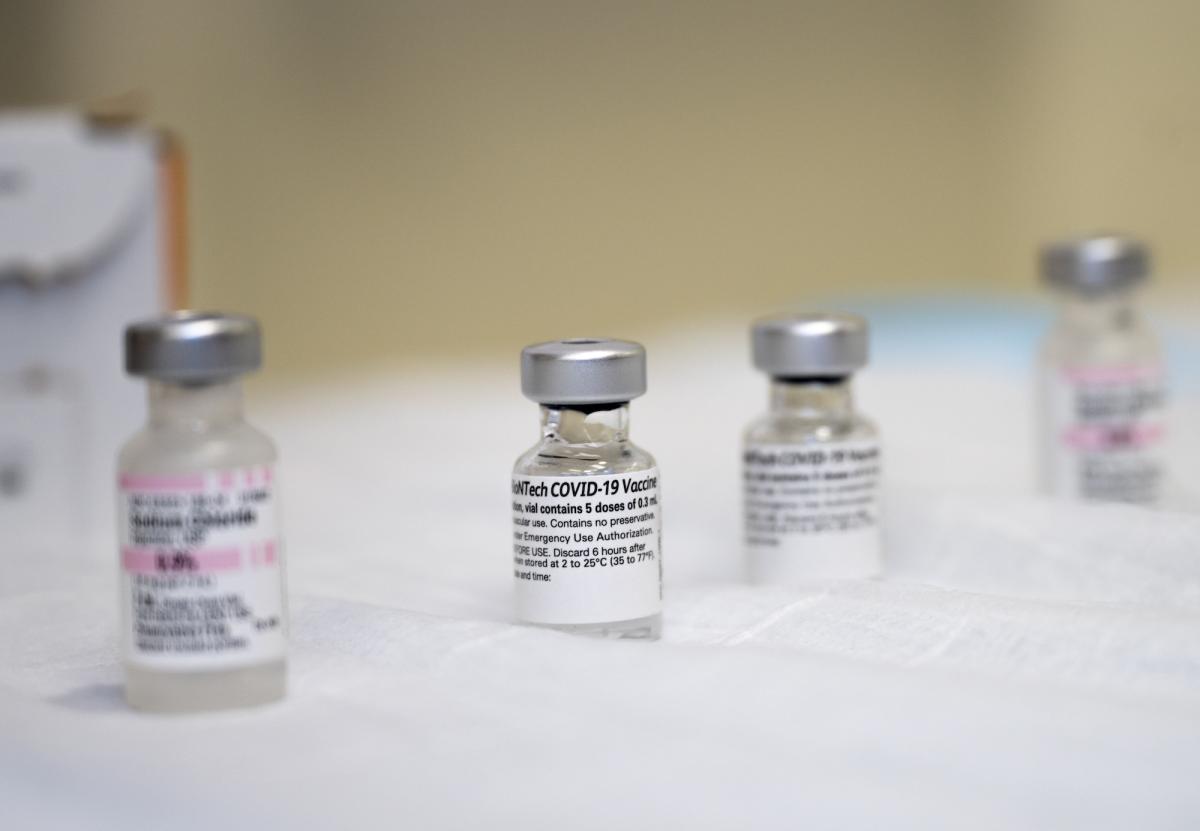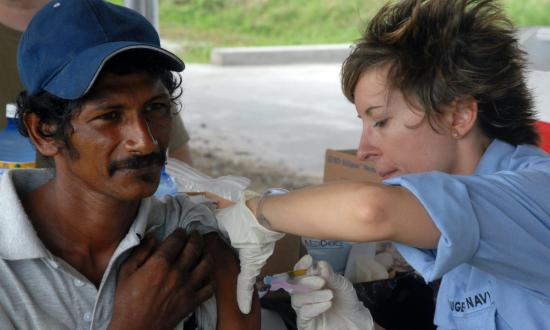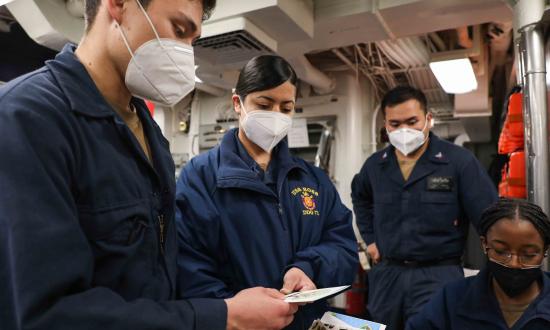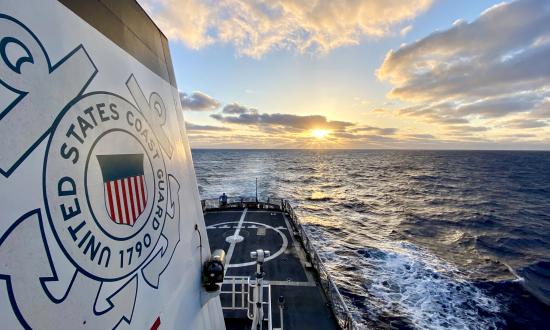The United States has done an admirable job in its COVID vaccine rollout. With 300 million-plus doses administered and counting, the goal of domestic herd immunity is increasingly an issue of vaccine hesitancy rather than availability. Focusing first on the home front was the right thing to do for both the Trump and Biden administrations. It can be challenging to help your neighbor when you do not have your own house in order. But building on this success, the United States now needs to pivot and focus its energies and resources on the rest of the world.
The recent White House pledge to ship 80 million doses overseas by the end of June was a good start (though the rollout has been sluggish). Either sold at a fair-market price or plastic-wrapped with USAID emblems, the United States can gain a lot by having vaccine shipments flowing around the world. The United States is in the midst of a generational opportunity to improve its long-term standing and reputation. But without more speed, the chance to engender affinity could turn to bitterness.
Recently, an Indian politician commented on Twitter, “By stockpiling vaccines & blocking the export of crucial raw materials needed for vaccine production, the United States is undermining the strategic Indo-US partnership.” The United States must now execute a comprehensive, government-wide program (with the full-throated support of the Department of Defense) to export vaccines and medical supplies to U.S. friends and allies around the world. The Biden administration needs to make good on promises and build on them with a more robust global vaccine rollout. This could be a “moon landing” moment, stoking the fire in our bellies from past failures to accomplish a challenging and memorable goal.
The United States is in a favorable position to execute such a policy. Domestic demand for vaccines is waning, from a peak of more than four million doses administered per day in early April, to fewer than one million doses per day in mid-June. This is happening as other regions have struggled with their vaccine rollout. While the United States has administered enough doses to fully vaccinate 46 percent of its population, as of 24 June, Japan has fully vaccinated about 9 percent.
Significantly, China and Russia are stumbling with their vaccine diplomacy. Chinese vaccines have proven less effective than Western ones, and the citizens of the world have taken notice. Countries such as Brazil and Hungary have seen higher refusal rates for the Chinese vaccine than Western alternatives. Another setback for China’s attempt at vaccine diplomacy has been the surge in COVID cases in Seychelles. After inoculating more than 60 percent of its population (with primarily Chinese vaccines), Seychelles is experiencing a per capita COVID case rate higher than India’s recent outbreak. Bahrain and Dubai, dealing with substantial increases in COVID cases, have resorted to giving doses of the Pfizer-BioNTech shot to those already vaccinated with the Chinese Sinopharm vaccine. While the Russian vaccine has proven more effective than China’s, Russia possesses limited manufacturing capacity compared with the United States.
Taken together, these suggest U.S. leaders have the domestic political maneuvering space to send vaccines overseas, there is most certainly a demand for them, and the United States has the opportunity to excel where its strategic competitors have faltered. The United States would most certainly benefit from a world that is more fully vaccinated, not only because of the health benefits of such a program, but also because of the goodwill that could be fostered and the enhanced prestige. For about the cost of one F-35, the United States could provide enough of the Johnson & Johnson one-shot vaccine to protect almost the whole combined populations of Manila, Kuala Lumpur, and Sydney.
In any future politico-military crisis or conflict, the United States is almost certain to depend on its friends and allies for success. This includes everything from freedom of movement and basing to active military support. The United States’ ability to convince those countries to offer help in the hour of need will be significantly improved if the leaders and citizens of those countries have the effective powers of U.S.-made COVID vaccines flowing through their bodies.
Because of this, it would be in the best interest of the Department of Defense to strongly advocate for a more-robust vaccine diplomacy and contribute its resources wherever they are useful. The U.S. military can bring a lot to this effort, but it might be most prudent for it to assist vaccine diplomacy in a supporting role, stepping in only when local authorities or entities such as USAID request it. A U.S. warship pulling into a foreign port to administer vaccines may make for great pictures; however, it would not be the best way to use military assets. Deployed forces are already in high demand for their traditional missions. From a financial perspective, military assets also are usually more expensive to operate than civilian equivalents. Last, military personnel rolling into foreign countries to administer vaccines might actually hamper the objectives of vaccine diplomacy. As the United States has learned in its own vaccine rollout, the manner of execution and who administers vaccines can impact the effectiveness of the effort. Locals may be wary of accepting vaccines from a foreign military, and it also might squander an opportunity for the friendly leaders to gain political capital with their constituents. The best move from an operational, financial, and political perspective would be to allow local authorities to handle the final leg of U.S. vaccination efforts.
Robust U.S. vaccine diplomacy is the morally correct thing to do, provides direct health benefits to the U.S. population, and could prove critical in preparing for a future time of need. As with most opportunities, timing is everything. If the United States waits too long to formulate a more muscular policy, the chance to garner the goodwill of the world could fall flat. While the world languishes, an appearance of benevolence could easily turn into an image of greedy Americans sitting on a mountain of vaccines.
With rapid action, the United States could emerge from the global COVID-19 crisis as the proverbial “good guy.” In addition to garnering goodwill, the country could demonstrate its superior competence and technical prowess compared with its competitors. In the era of great power competition, anything that can be done to strengthen bonds with U.S. friends and allies and enhance national prestige will pay dividends in the future. Even if the Department of Defense plays a relatively small role in vaccine diplomacy, it will certainly be a major beneficiary.






